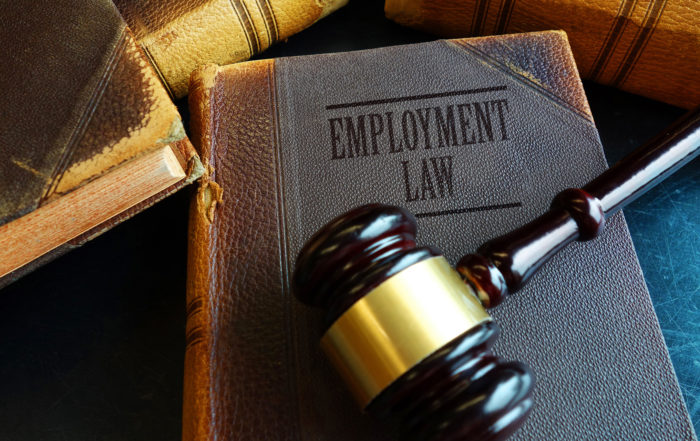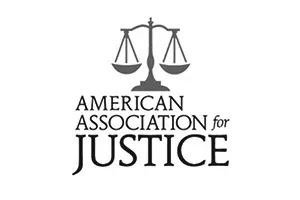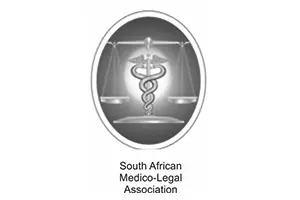Statutory Immunity to Government Organizations
1.The issue of statutory immunity was dealt with in Simon’s Town Municipality v Dews and Another 1993(1) SA 199 (A); particularly in what circumstances the state will be held to be negligent despite the usual immunity provision.
The Appellate Division held as follows in relation to the immunity provision included in the Forest Act 122 of 1984:
“Section 87 of the Act provides as follows:
‘No person, including the State, is liable in respect of anything done in good faith in the exercise of a power or the carrying out of a duty conferred or imposed by or under this Act.’
It was appellant’s general contention in the Court below (and the same contention is advanced on appeal) that this section creates a legal immunity in favour of a person who in good faith exercises a power conferred by or under the Act even in cases where the person concerned is ‘negligent’, in the sense that in exercising the power he fails to take reasonable precautions to eliminate or minimise the risk of injury which his action may cause to others. This is a far-reaching proposition. It would provide a licence to persons exercising, for example, the fairly drastic powers under part VI of the Act to do so carelessly and without proper regard for the interests of others, provided only that they did so in good faith. The potentially devastating consequences of such conduct are manifest. In the circumstances it would, in my opinion, require clear language to establish such a legislative intent.
As I see it, s 87 is reasonably clear, but it does not mean what appellant contends that it does. It must be interpreted against the general background of the law relating to statutory authority as a defence to a delictual claim. Conduct which would otherwise give rise to delictual liability may be justified and rendered lawful by the fact that it consists of the exercise of a statutory power. Whether a particular statutory enactment in fact authorises interference with or the infringement of the rights or interests of another depends upon the intention of the Legislature, which is determined in accordance with the usual canons of statutory interpretation of especial significance in this connection is whether the statutory provision is directory or permissive in character. Most of the decisions from which these general principles are derived were referred to by Hoexter JA in the recent case of East London Western Districts Farmers’ Association and Others v Minister of Education and Development Aid and Others 1989 (2) SA 63 (A).
A further important principle is that, even where the statute does authorise interference with the rights of others, the person or authority vested with the power is under a duty, when exercising the power, to use due care and to take all reasonable precautions to avoid or minimise injury to others. Failure to carry out this duty has been described as ‘negligence’, but, as pointed out by Prof J C van der Walt in Joubert (ed) Law of South Africa vol 8 para 30, in this context the word is used in a special sense; and
‘(t)he presence of “negligence” in this special sense in the exercise of a statutory power is, however, a conclusive indication that the defendant has exceeded the bounds of his authority and has therefore acted wrongfully.’
See also Neethling, Potgieter and Visser The Law of Delict at 91-2; Van der Merwe en Olivier Die Onregmatige Daad in die Suid-Afrikaanse Reg 6th ed at 105-6; Boberg The Law of Delict vol 1 at 771-3. In my view, these writers all correctly state that jurisprudentially the consequences of the repository of the statutory power having exercised it without due care and without having taken reasonable precautions to avoid or minimise injury to others, are that the repository must be taken to have exceeded the limits of his authority and accordingly to have acted unlawfully. Save for a fleeting remark in Kenly Farms (Pty) Ltd v Minister of Agriculture 1984 (1) SA 406 (C) at 410G, so far as I am aware there has hitherto been no judicial pronouncement specifically to this effect. I am nevertheless satisfied that the analysis is sound and that it accords with modern distinctions in our law of delict between fault and unlawfulness. The principle of statutory authority renders lawful what would otherwise have been unlawful; and if the implied limits of the statutory authority are not observed the repository of the power acts without authority, or in excess of his authority, and consequently unlawfully.
I return to s 87. In my opinion, the section postulates two requirements for legal immunity: (a) the act in question must have been done in good faith, and (b) the act in question must have been done in the exercise of a power or duty under the Act. It is common cause that the person seeking to rely on s 87 bears the onus of establishing that his conduct falls within the ambit of the section.’Good faith’ here relates to the subjective state of mind of the repository of the power and, broadly-speaking, requires that in exercising the power he should have acted bona fide, honestly and without ulterior motive. (Cf Oude Meester Groep Bpk and Another v SA Breweries Ltd; SA Breweries Ltd and Another v Distillers Corporation (SA) Ltd and Another 1973 (4) SA 145 (W) at 150G-151D; Bloems Timber Kilns (Pty) Ltd v Volkskas Bpk 1976 (4) SA 677 (A) at 689A-E.)
As to (b), it seems to me that the section is clear. The person sought to be held liable must show that he acted within the authority conferred by the power in question. It necessarily follows that if, owing to a failure to exercise due care or to take reasonable precautions, he exceeded the power and acted without authority, he will be unable to establish requirement (b) and his reliance on s 87 must fail.”
3.In Simon’s Town Municipality supra the Court held that, accepting the municipality failed to take adequate precautions in the respects found by the Trial Judge to ensure that the fire did not break out and spread, meant that the municipality did not satisfy the second requirement of Section 87 and hence the defence failed.
4.For the purposes of a defence based upon Section 19 of the Act, the Fifth Defendant bears the onus of establishing that its conduct fell within the ambit of the section; viz. that in controlling and/or regulating aviation in South Africa, in particular commercial tandem paragliding, it acted bona fide, honestly and without ulterior motives. Furthermore, Fifth Defendant must show that it acted within the authority conferred by the power in question.
TZVI BRIVIK
(Director : Malcolm Lyons & Brivik Inc.)
The current position on objections to the con/arb process
Con/arb process - The Commission for Conciliation, Mediation[...]
Out of time? Think again – The CCMA and its rules
By Lara Keil (Candidate Legal Practitioner) under the[...]
RAF’s lodgement requirements: Claimants further prejudiced
By Lara Keil (Candidate Legal Practitioner) under[...]














